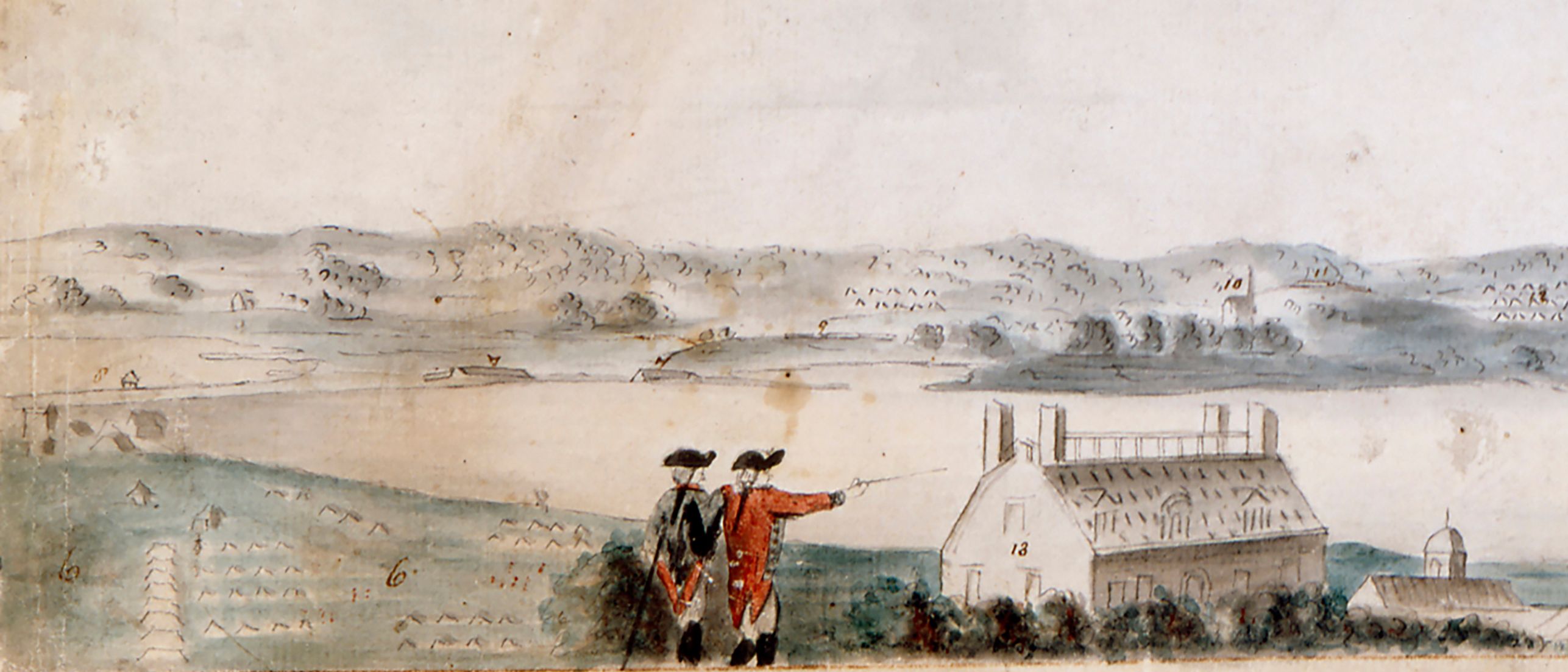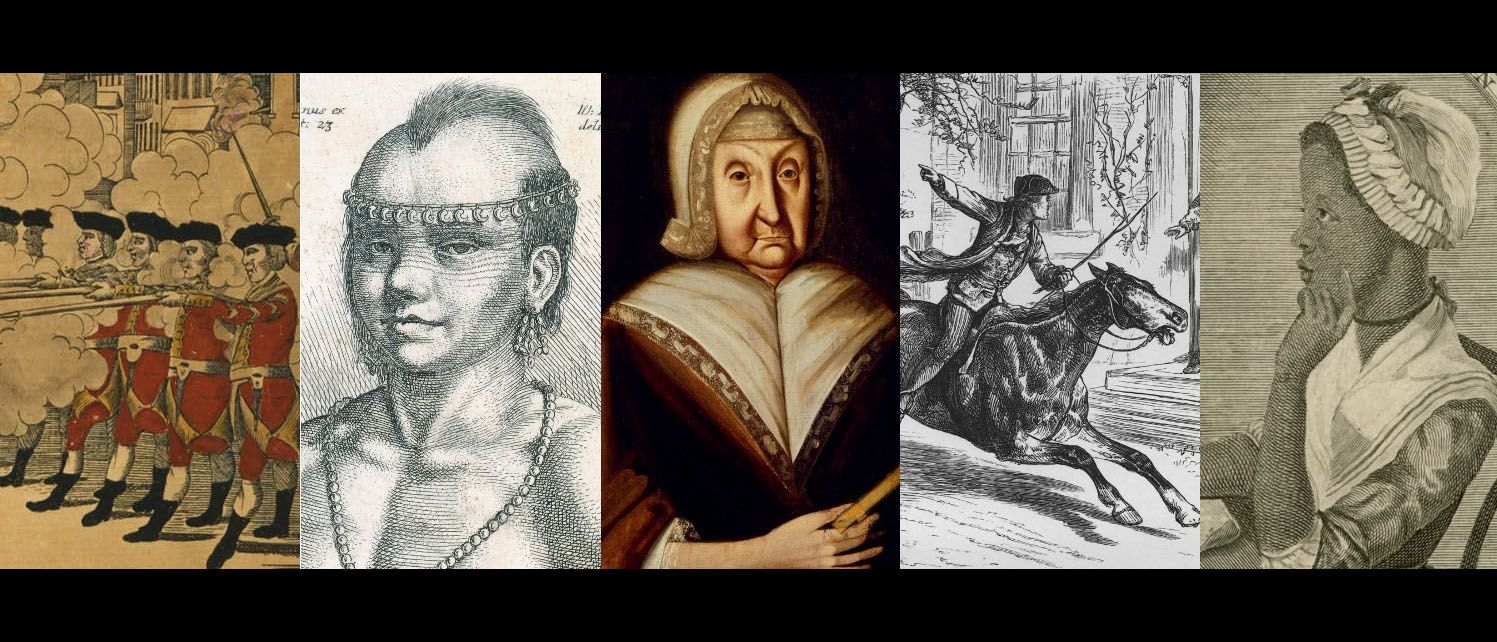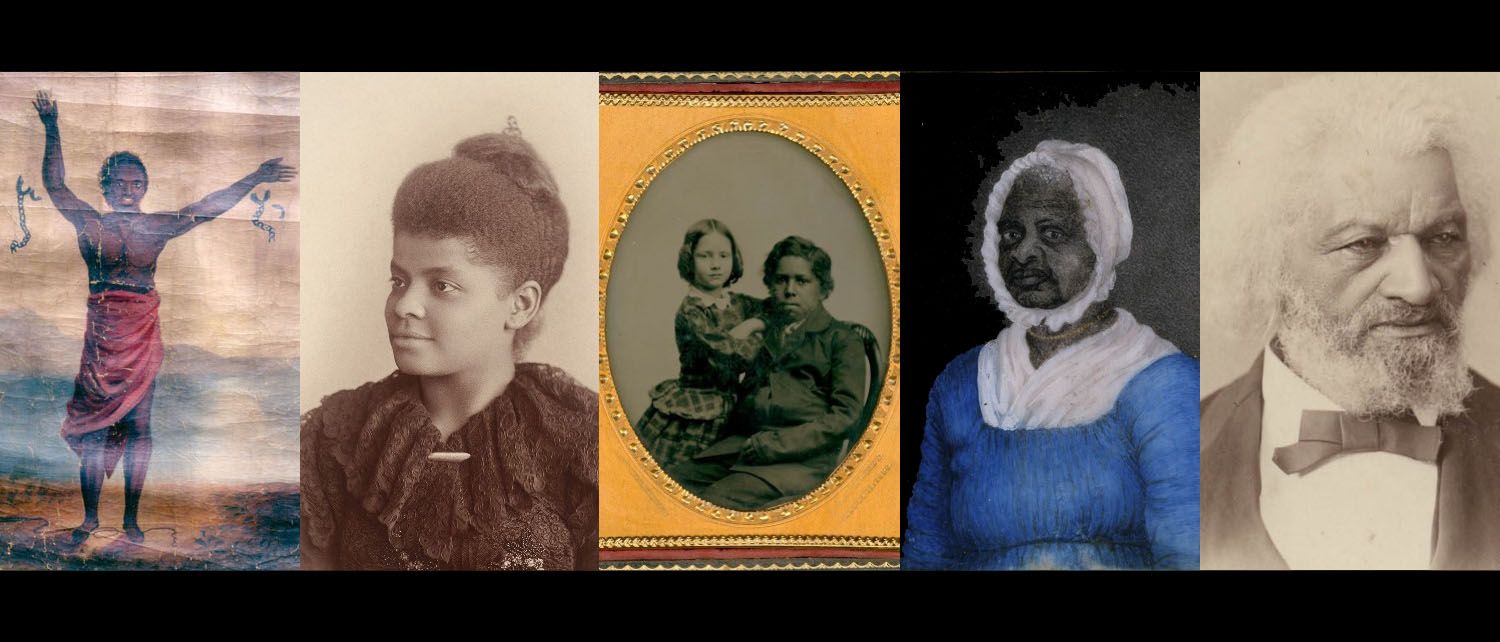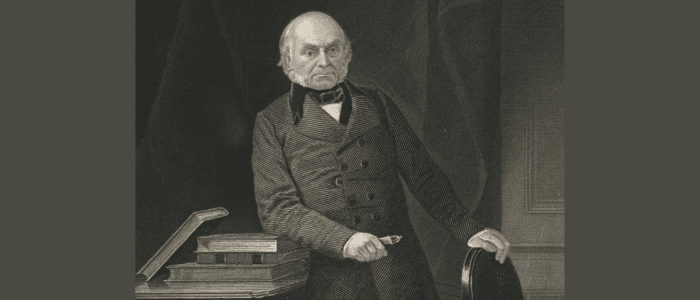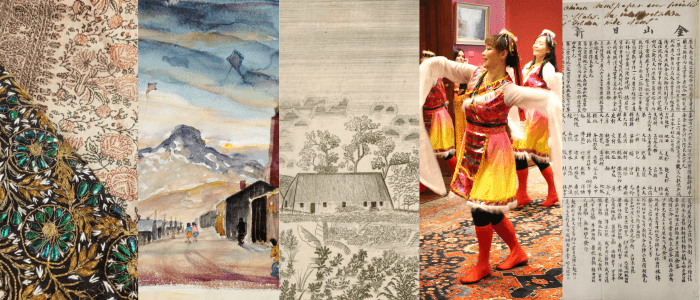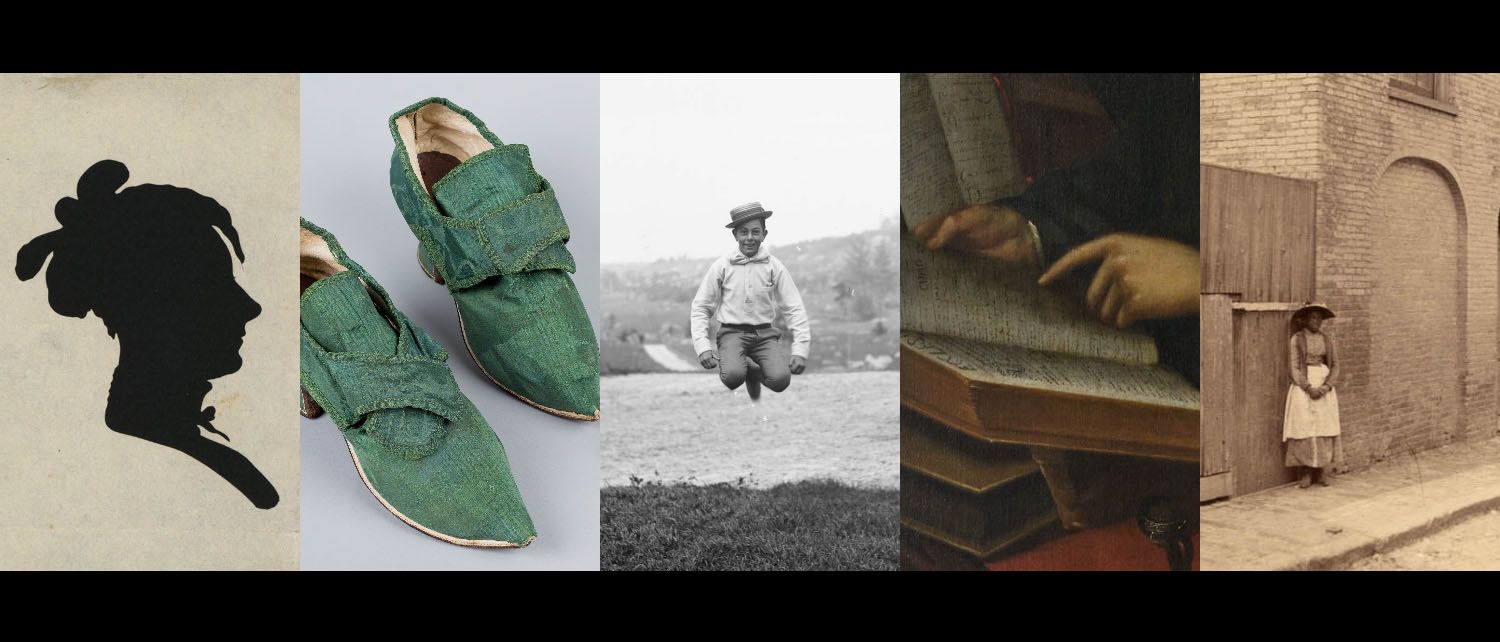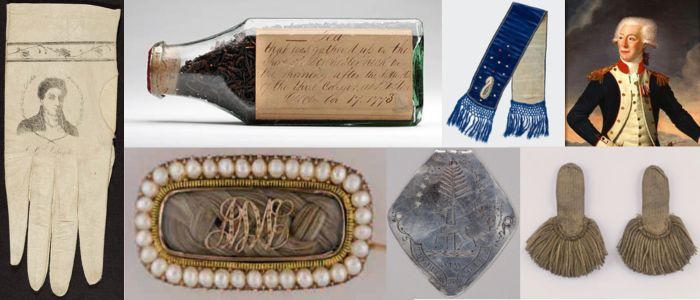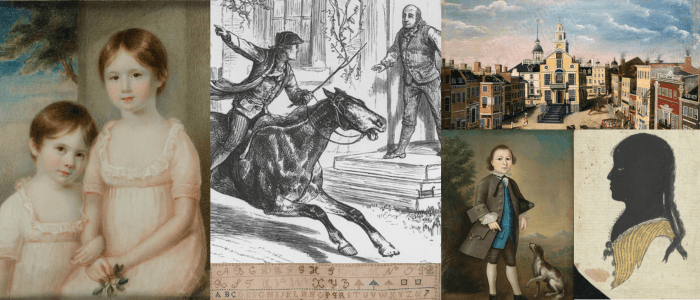Event
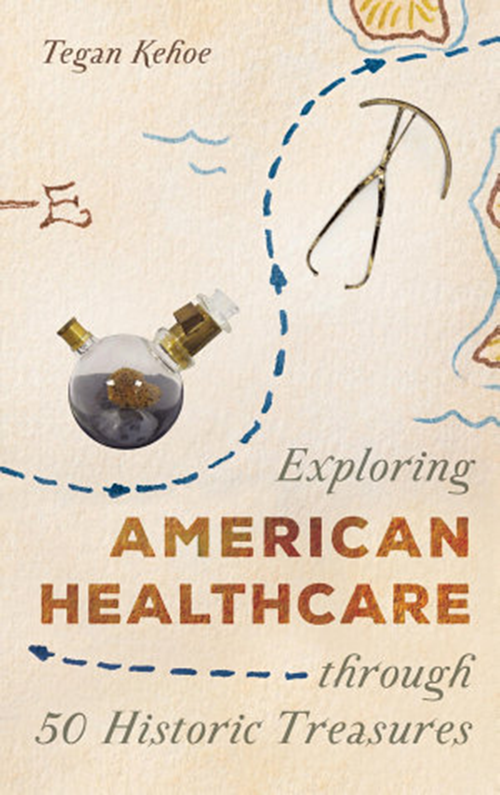
Exploring American Healthcare through 50 Historic Treasures
Tegan Kehoe, Russell Museum of Medical History and Innovation at MGH
Exploring American Healthcare through 50 Historic Treasures presents a history of health and medicine in the United States, tracing paradigm shifts such as the introduction of anesthesia, the adoption of germ theory, and advances in public health. The book showcases little-known objects that illustrate our complex relationship with health and highlights objects related to famous moments in medicine, ranging from “vitamin D beer” to the discovery of penicillin. Each artifact illuminates some piece of the social, cultural, and technological influences on how people approach fundamental questions about health. The program will look at a selection of these artifacts, with an emphasis on Massachusetts stories.
Online event
